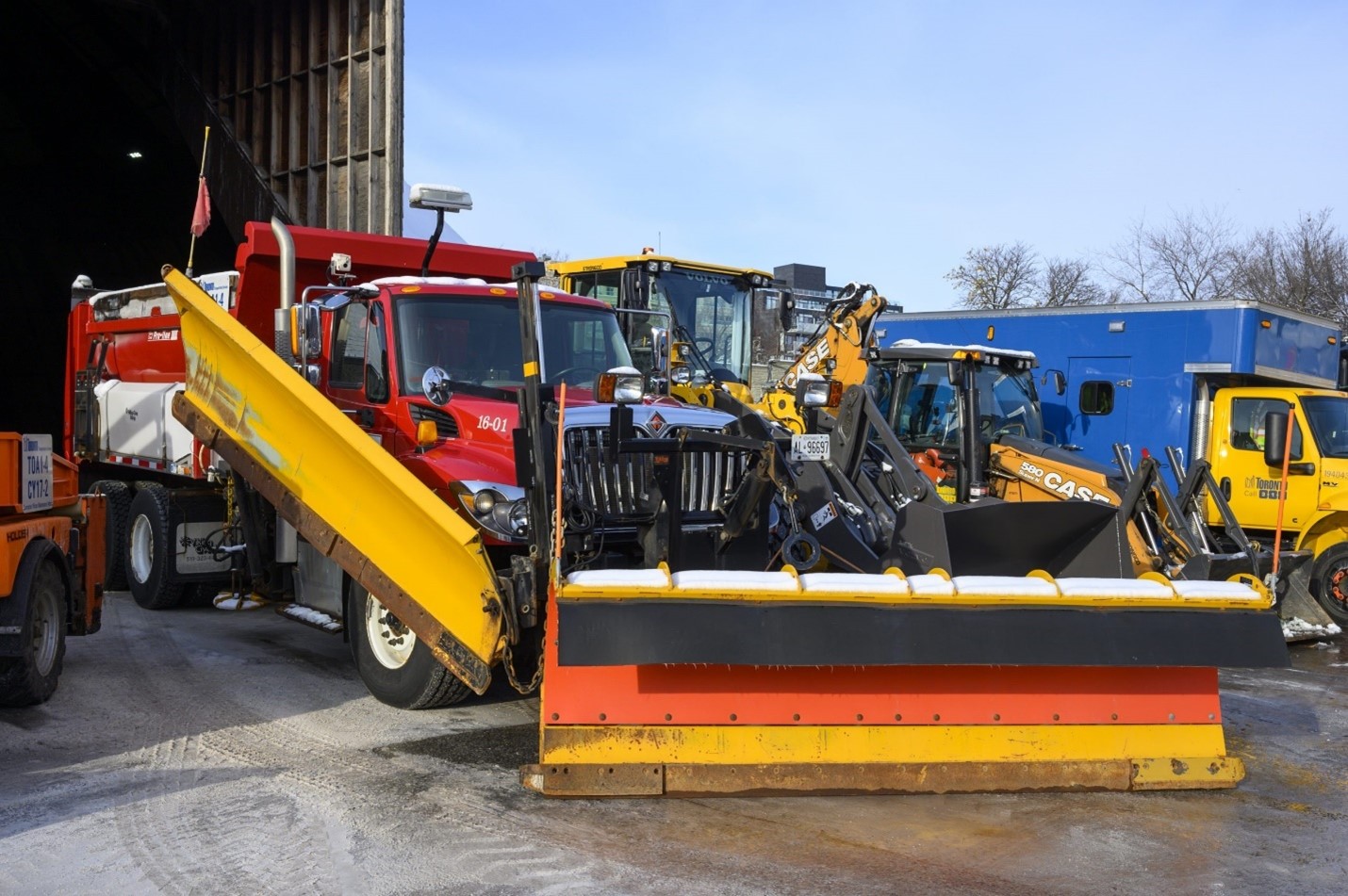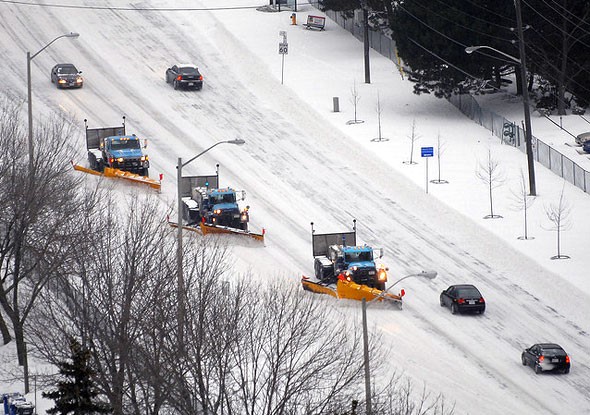
Why This Audit Matters
In May 2021, the City of Toronto issued a negotiated request for proposals (NRFP) for winter maintenance services in 11 geographically based contract areas. The non-binding, flexible NRFP procurement process was a new process for most winter maintenance contractors. Nearly $1.5 billion in winter maintenance contracts (over a 10-year term) were awarded in December 2021.
Deputations by unsuccessful suppliers and pre- and post-award bid disputes raised concerns and questions about the processes to procure and award the multi-year, multi-million-dollar contracts.
What We Found
Time frames established for the issuance of the call document, evaluation of proposals, negotiations, and award were based on a single NRFP being sufficient, and equipment purchasing lead times of 9 to 12 months.
Staff did not anticipate that so few suppliers would pass the Technical Proposal Evaluation stage, and that for some contract areas, no suppliers would pass. Many of the challenges related to this procurement likely arose from the unexpected need for a second NRFP process (and subsequent non-competitive procurement (NCP)).
By The Numbers
- 47 contracts with 21 different contractors (2015-2022) had a cost of $81.9M for 2021/22 season
- 5 contracts covering 11 contract areas had an estimated $128.4M value for the 2022/23 season, and a $1.471B total value over the 10-year contract term (2022-2032)
- 88% of the total contract value was awarded to 2 companies and their joint venture
- 5 suppliers filed pre- and/or post-award disputes
Opportunities for Continuous Improvement
A. Circumstances Impacting the Winter Maintenance NRFP and Outcomes
For complex, large-scale procurements, testing out significant changes to procurement processes and contracting methods on a smaller scale can provide an opportunity to review lessons learned and address potential issues, shortcomings, and risks before implementing large-scale changes. Overlapping procurements should also be avoided.
B. Verifying the Past Experience and Operational Capability of Potential Suppliers
To improve the evaluation of suppliers’ past experience and operational capability, going forward, the City should provide training to client divisions and:
- establish guidelines for how references are to be used to validate accuracy of supplier responses
- ensure solicitation requirements for past experience and related scoring guidelines for evaluation teams are clear
- ensure NRFPs solicit enough information to assess key risks impacting suppliers’ capability to meet requirements
- provide guidance on the extent of information that can be requested to verify, clarify, or supplement a supplier’s proposal
C. Reinforcing Procedural Fairness and Transparency
To better support procedural fairness going forward, the City should:
- consistently communicate what it is willing to negotiate and consider though proposals of “value-added services”
- make NRFP process rules as clear as possible, and avoid or clarify process steps that may be interpreted inconsistently
- document the reasons for exercising the City’s reserved rights and discretion
D. Clarifying and Strengthening Procurement Policies and Procedures
Several policies and procedures can be clarified or strengthened, including those governing:
- procurement processes, taking into consideration the impact of the non-binding/flexible NRFP format
- the City’s pre- and post-award bid dispute processes
- the use of external fairness consultants
E. Reviewing the City’s Pre-Solicitation Estimates
Going forward, the City should document the reasons for significant variances between the pre-solicitation estimates and actual contract values.
How Recommendations Will Benefit the City
Implementing the 16 recommendations in our report will support the City’s ongoing efforts to make NRFP process rules, technical proposal requirements, and evaluation criteria clearer, with the goal of keeping as many suppliers as possible through all evaluation stages and achieving the best possible outcomes and value for the City.
